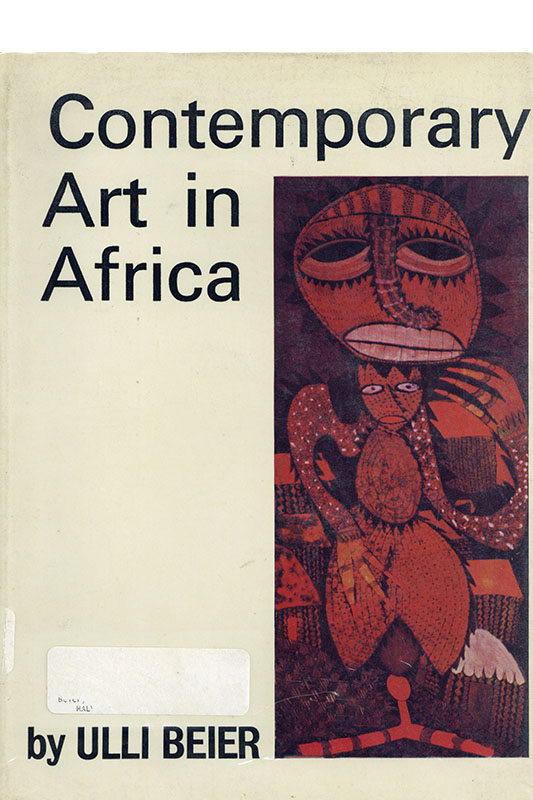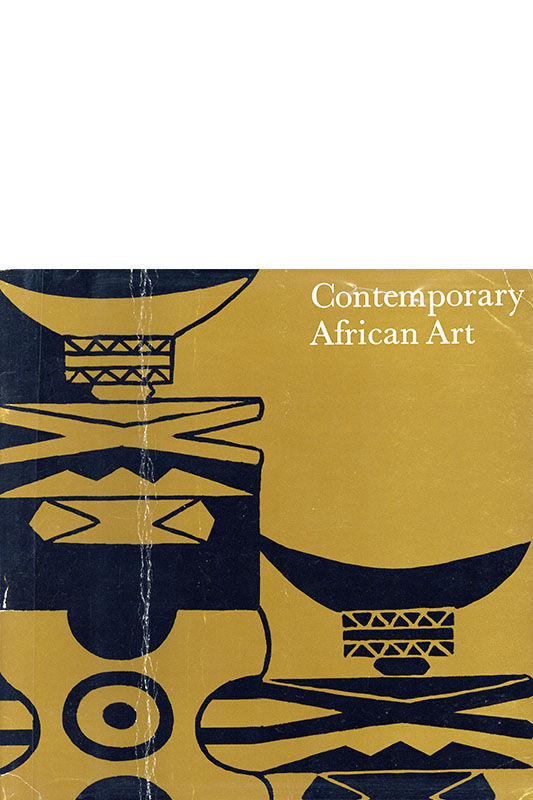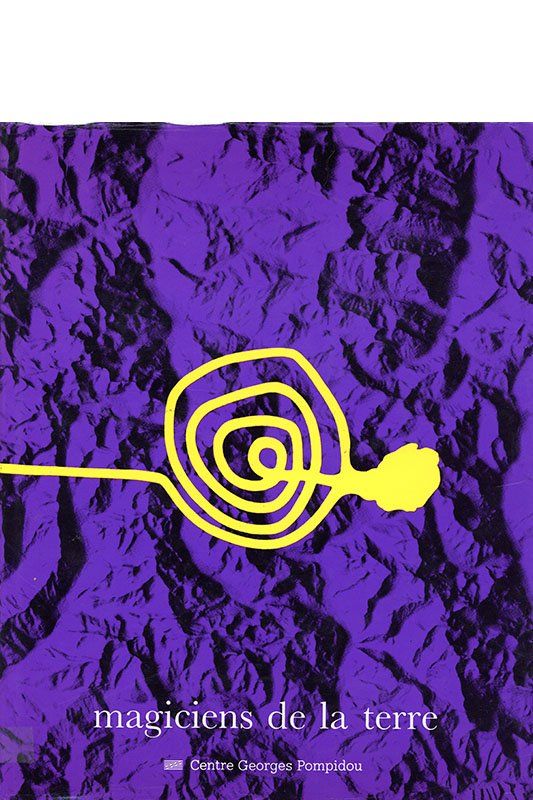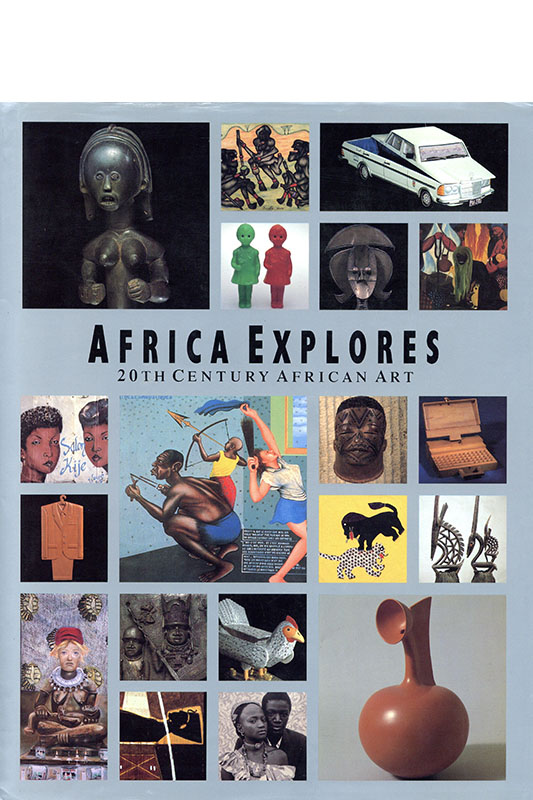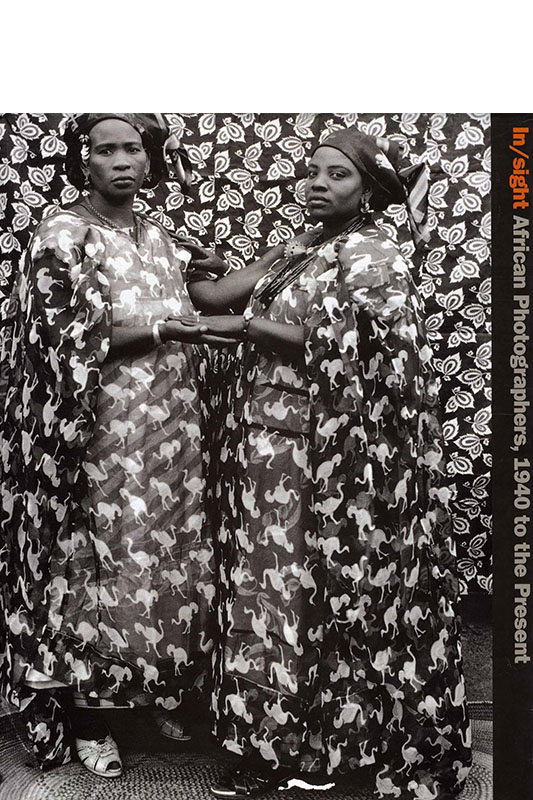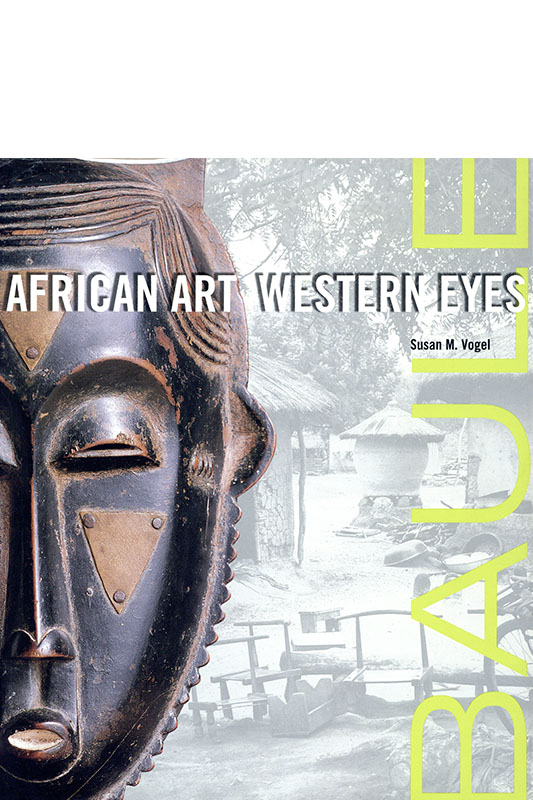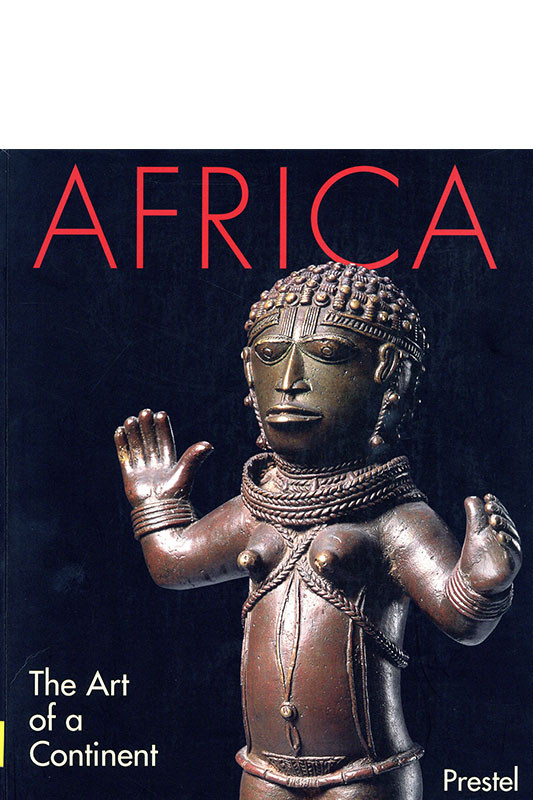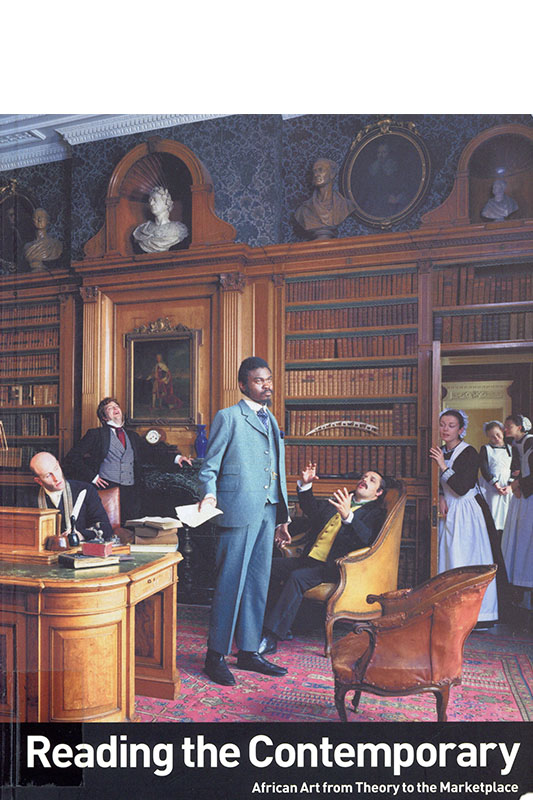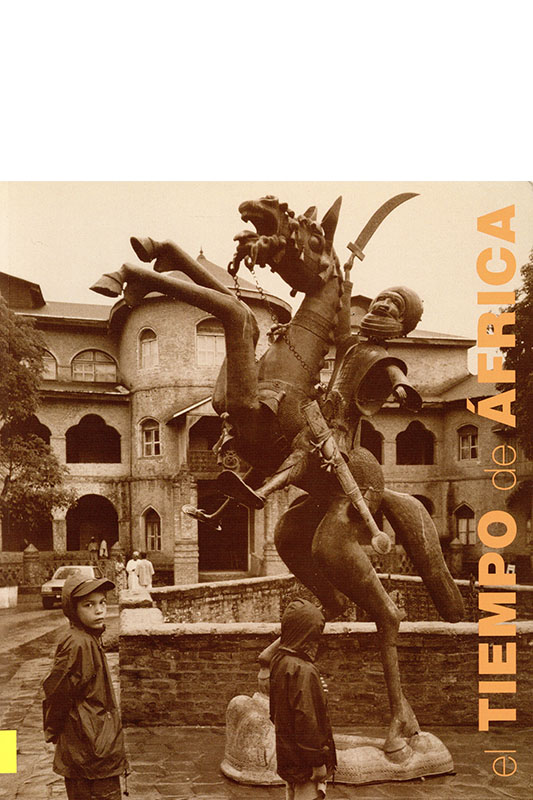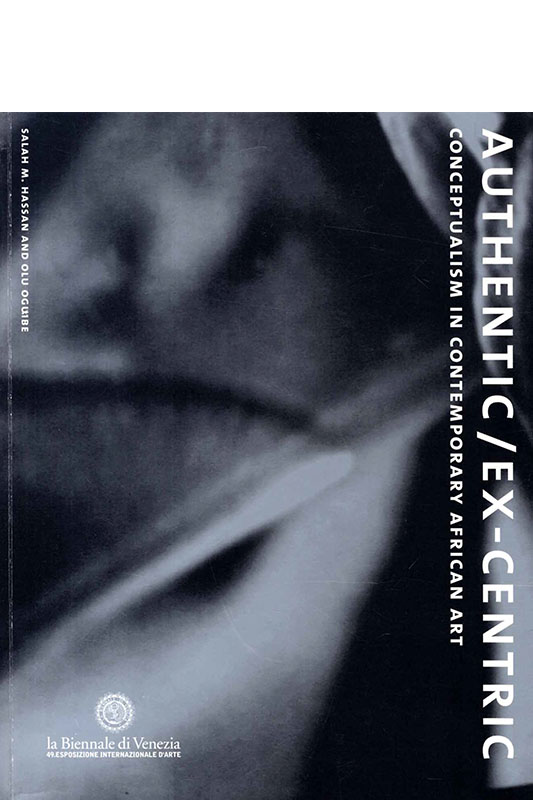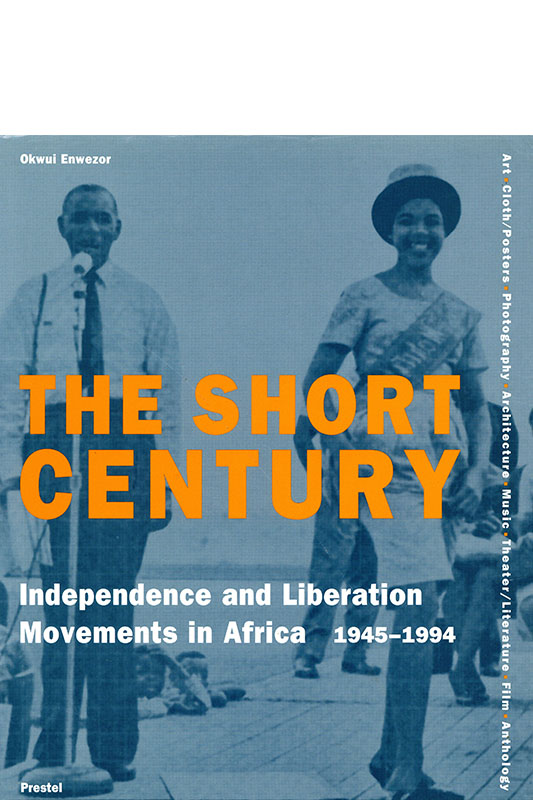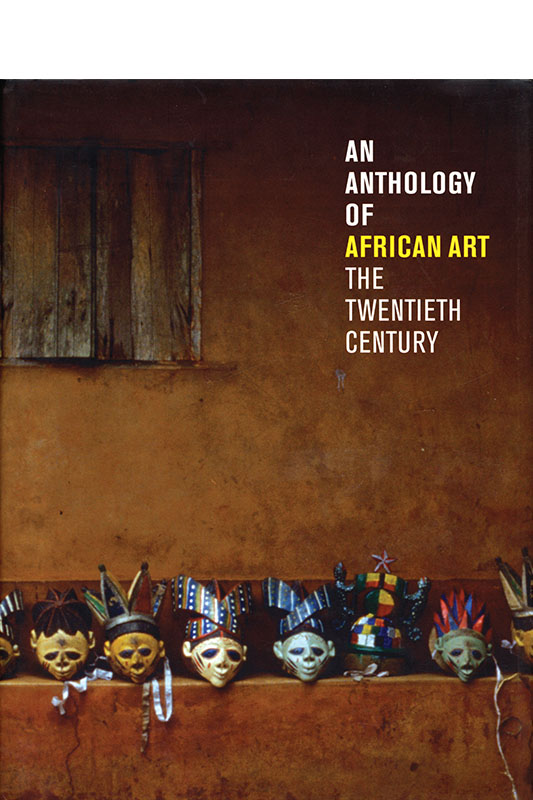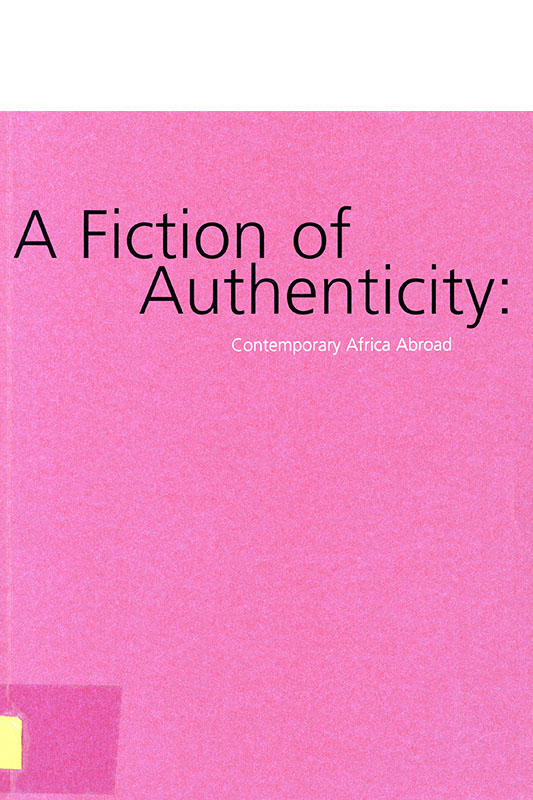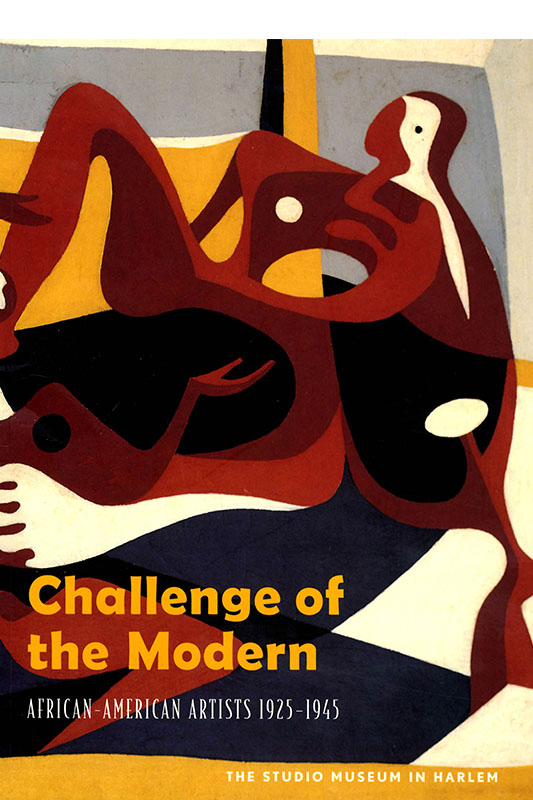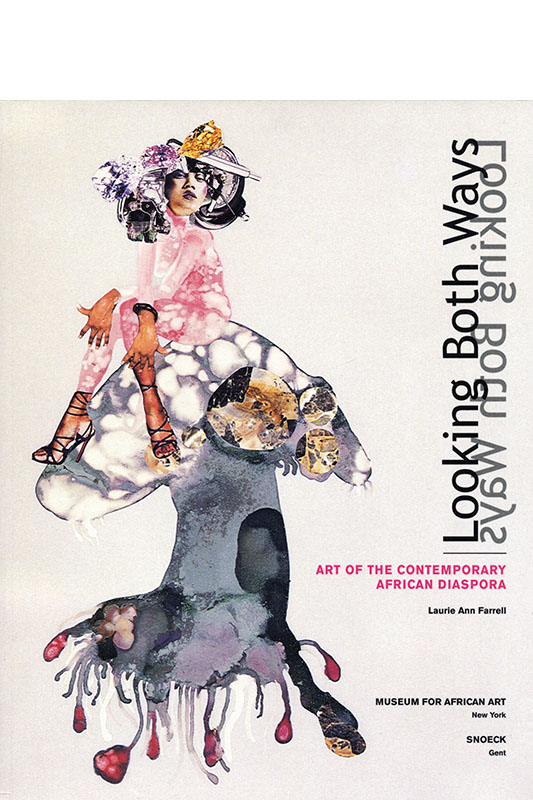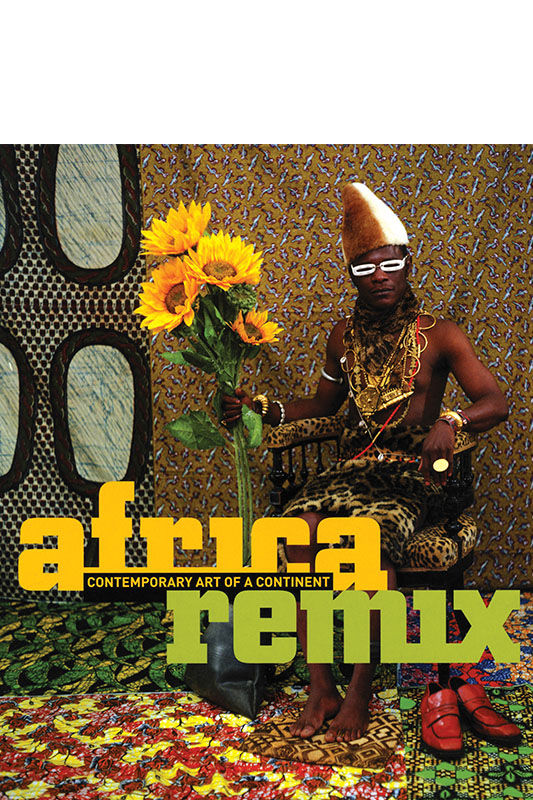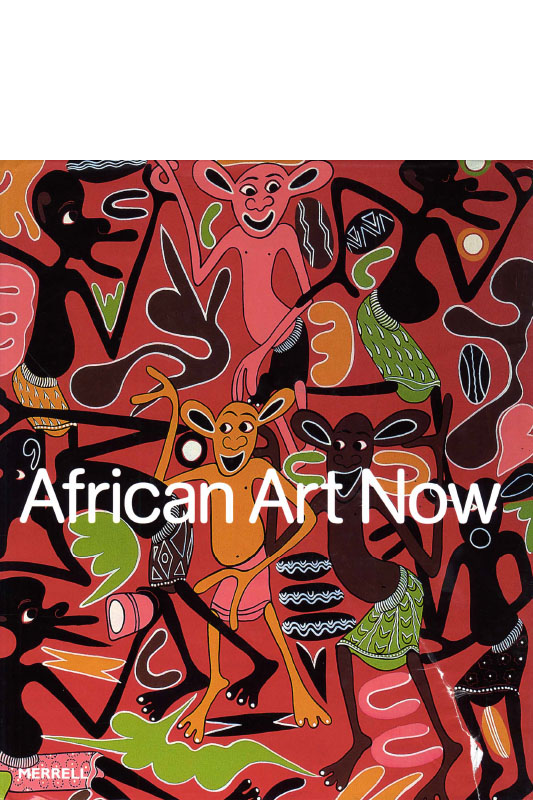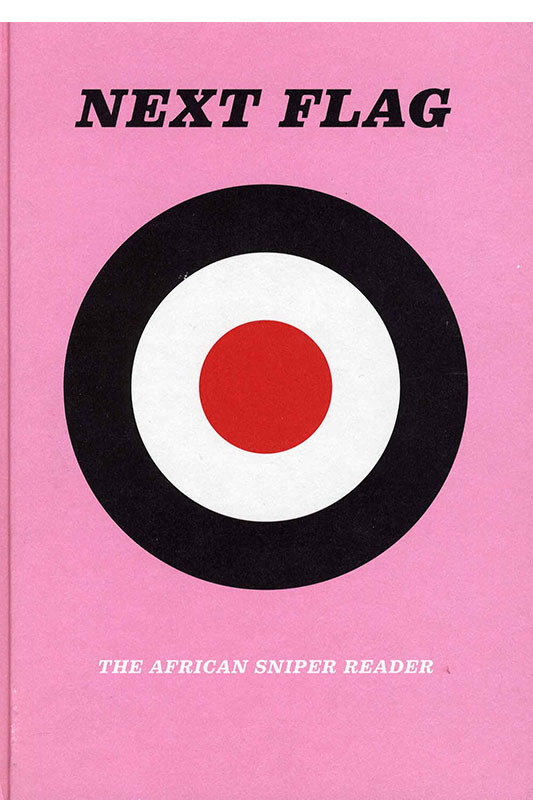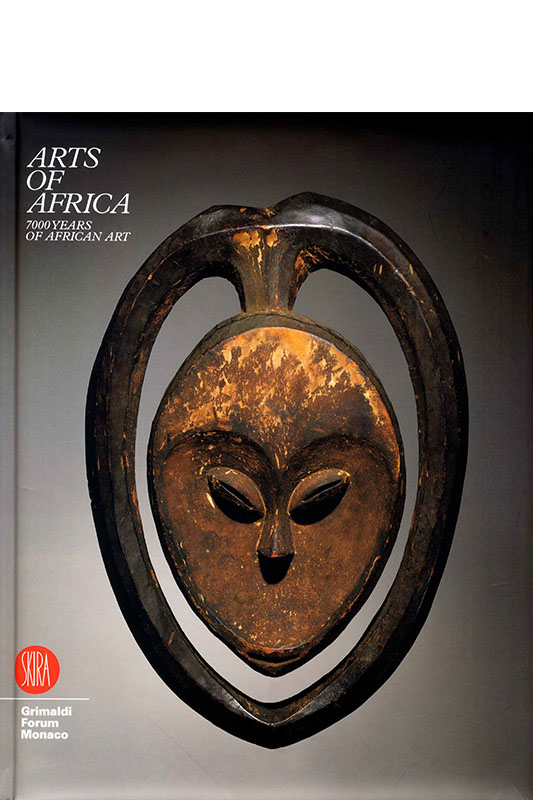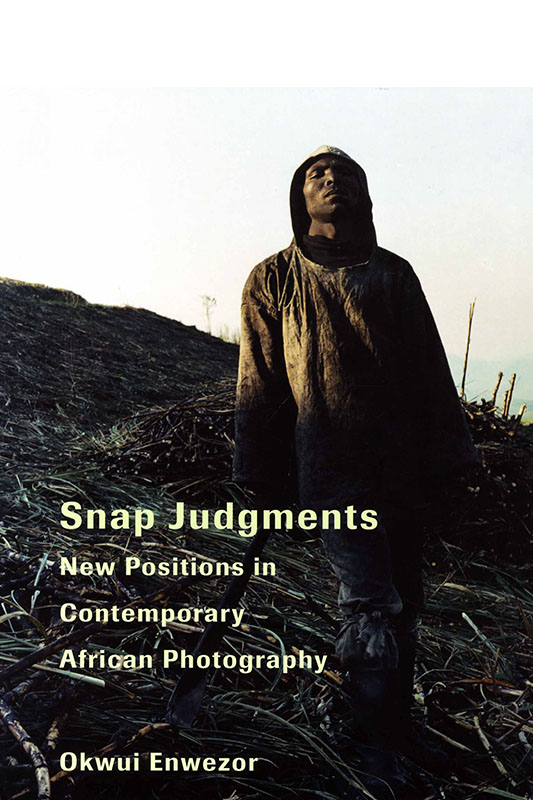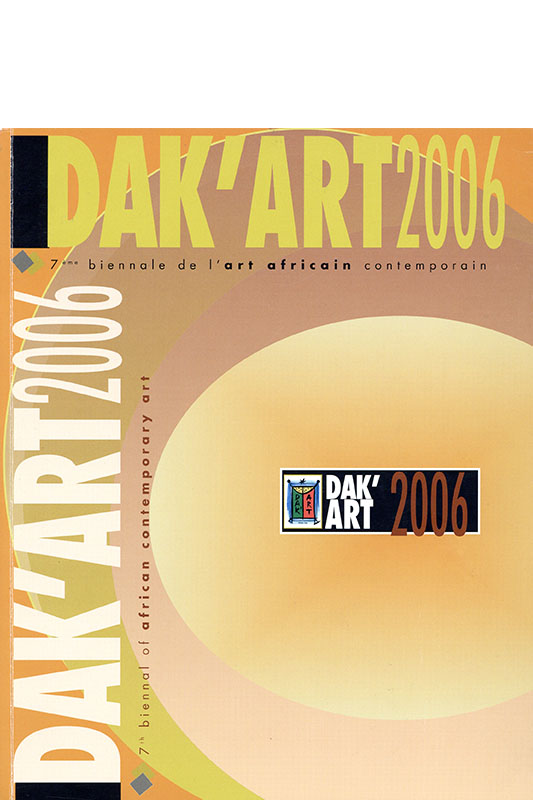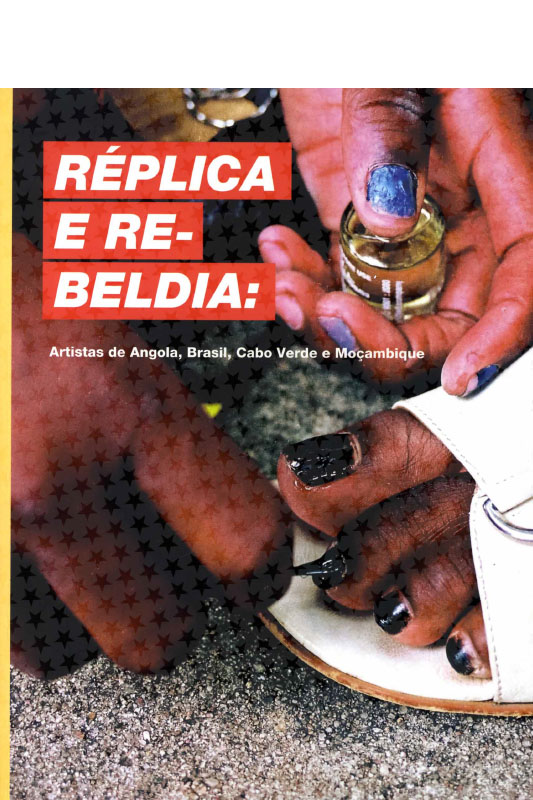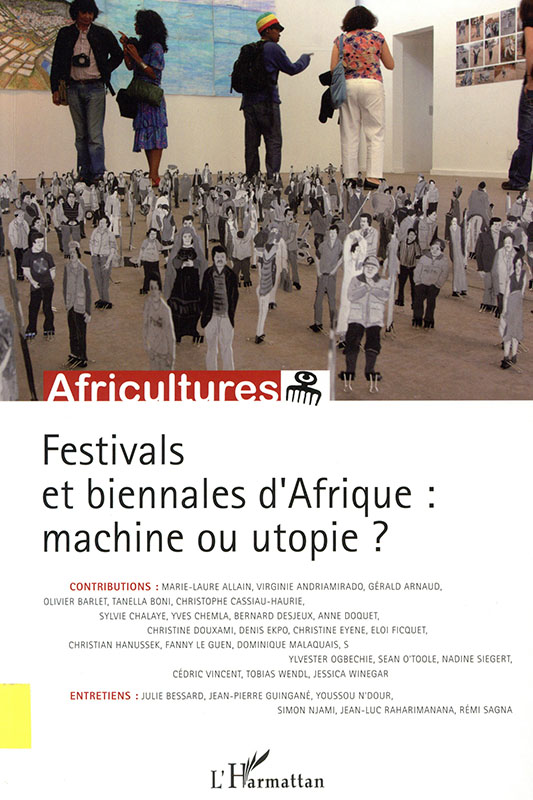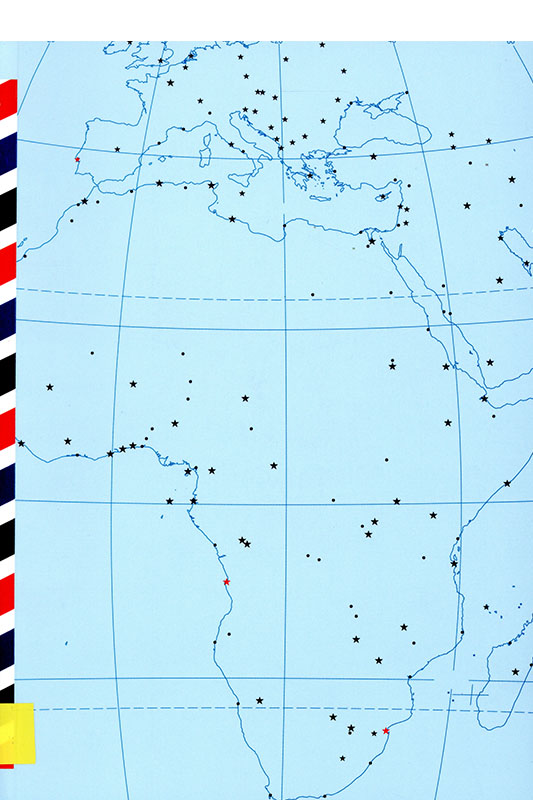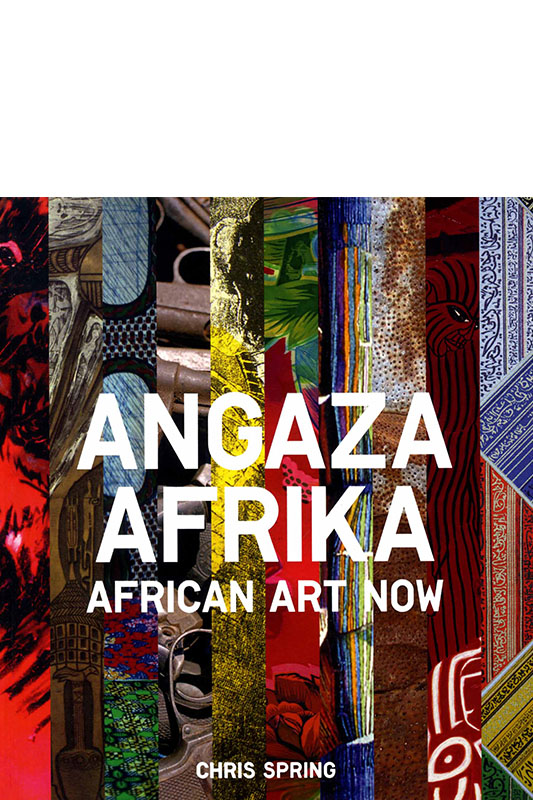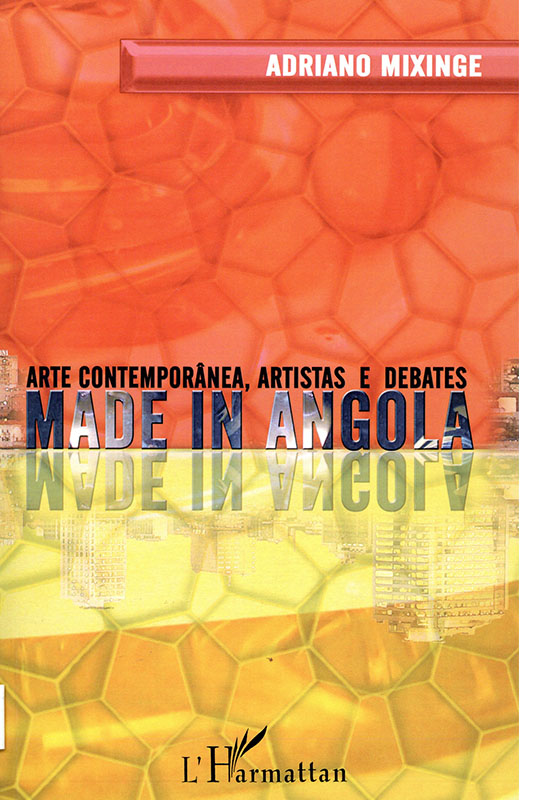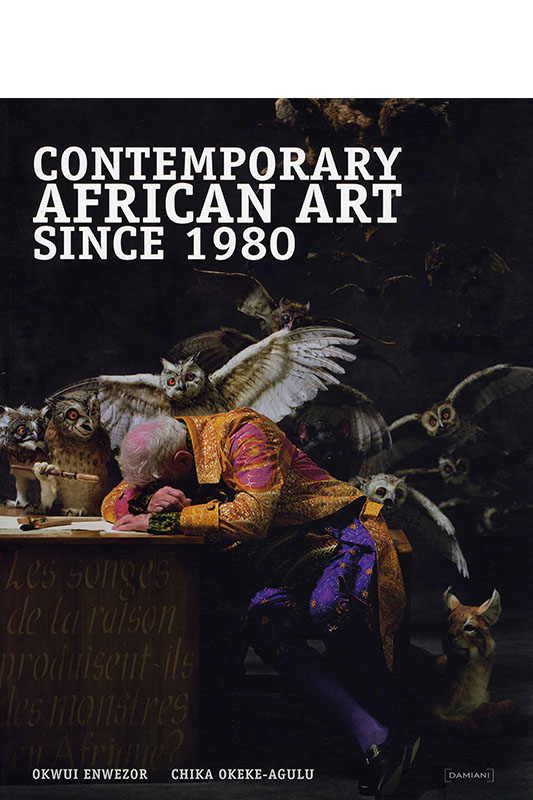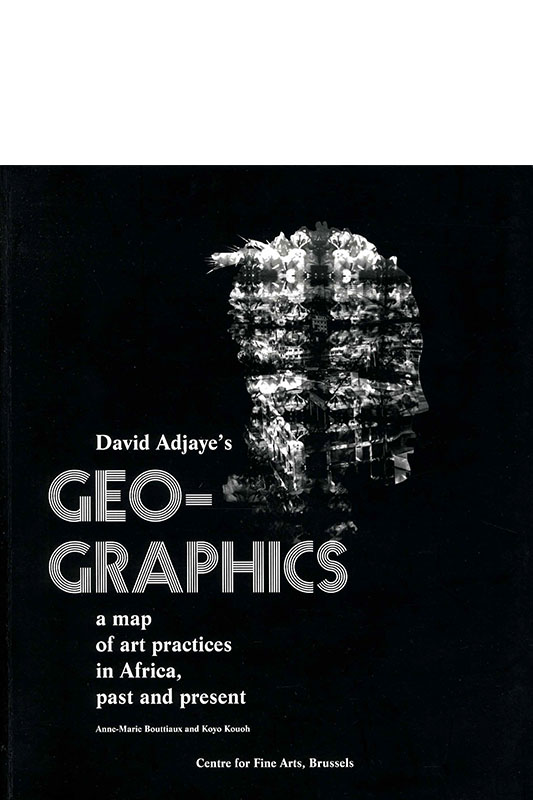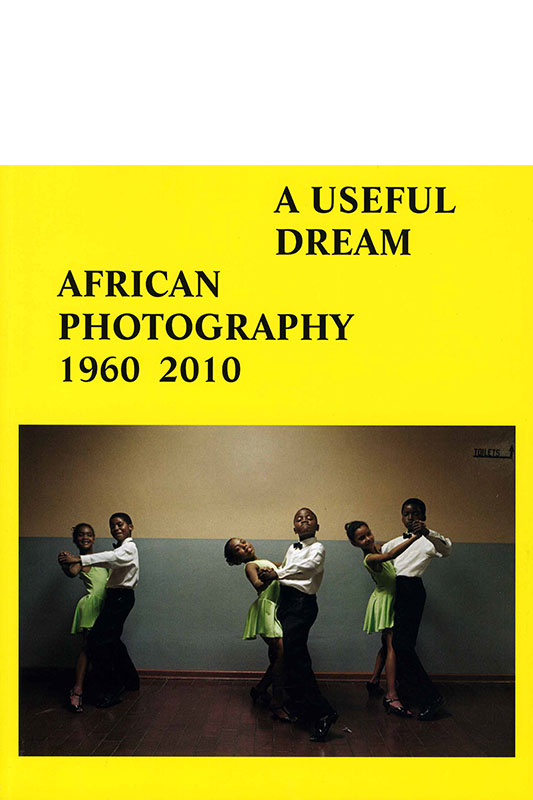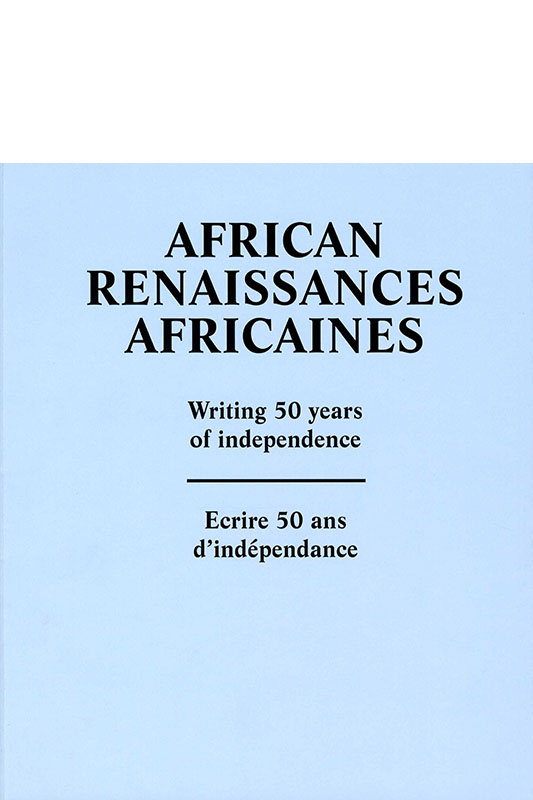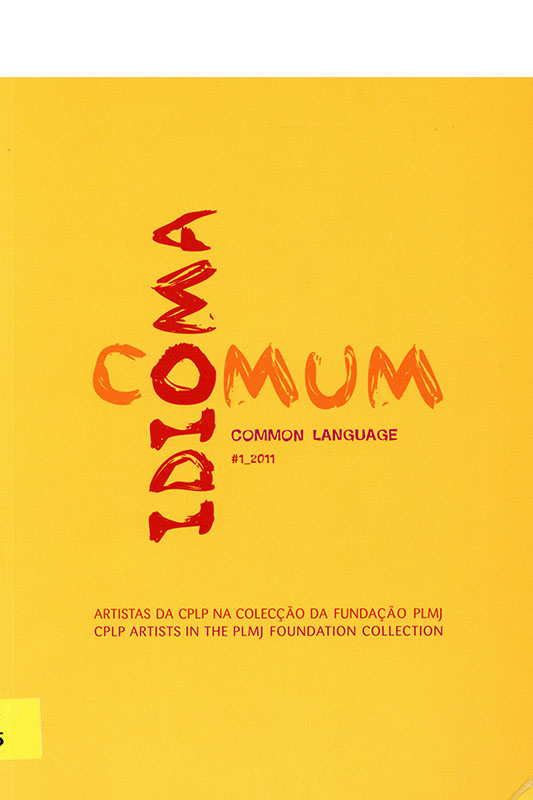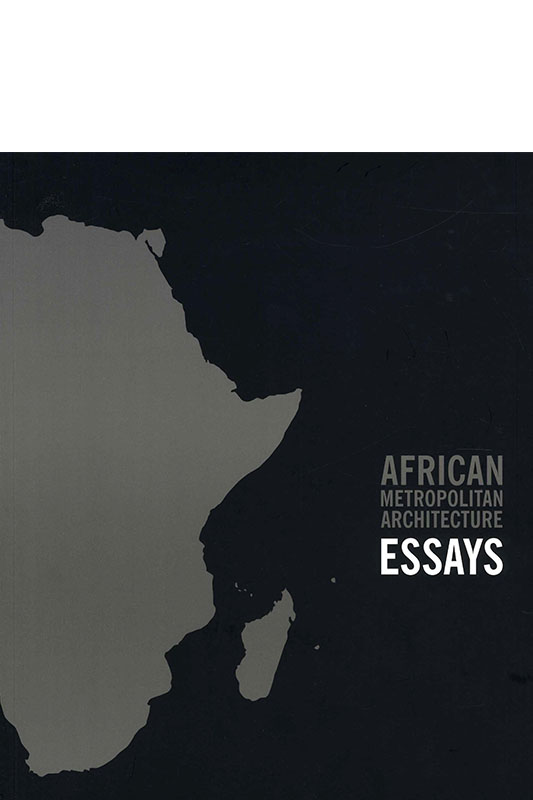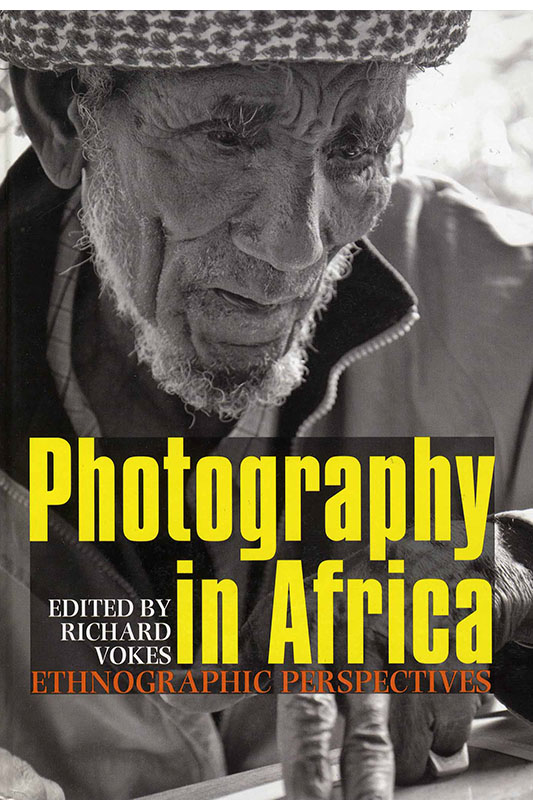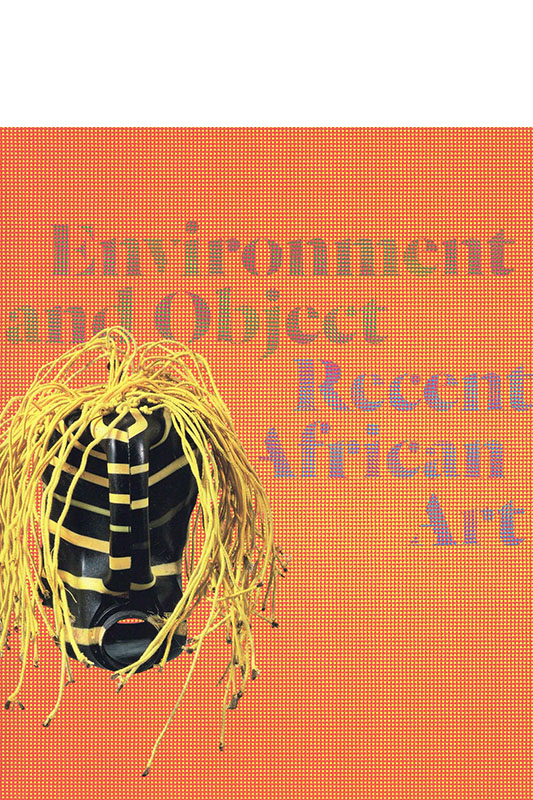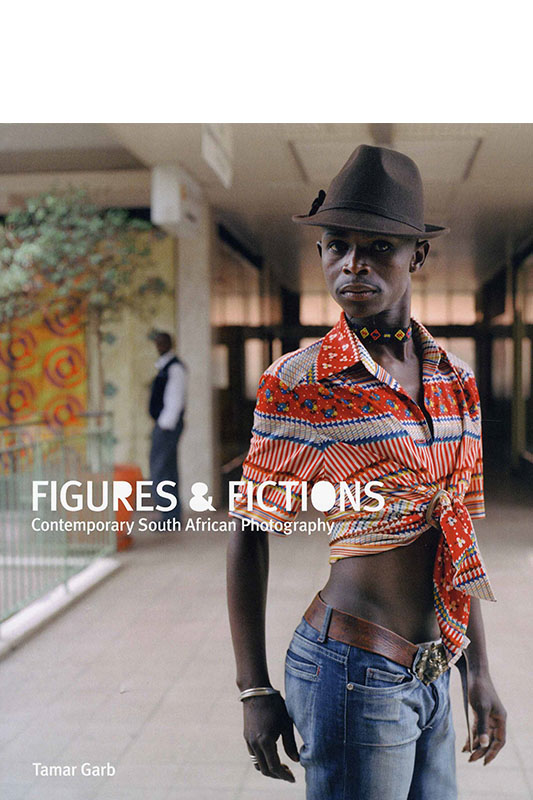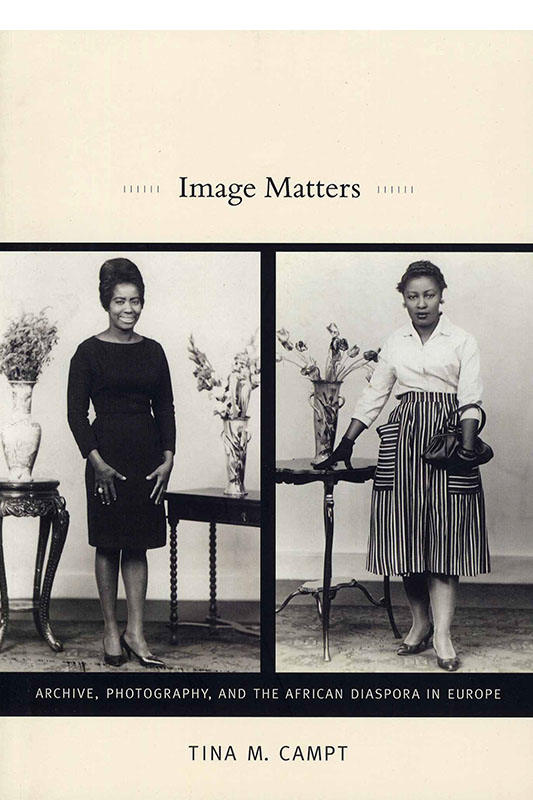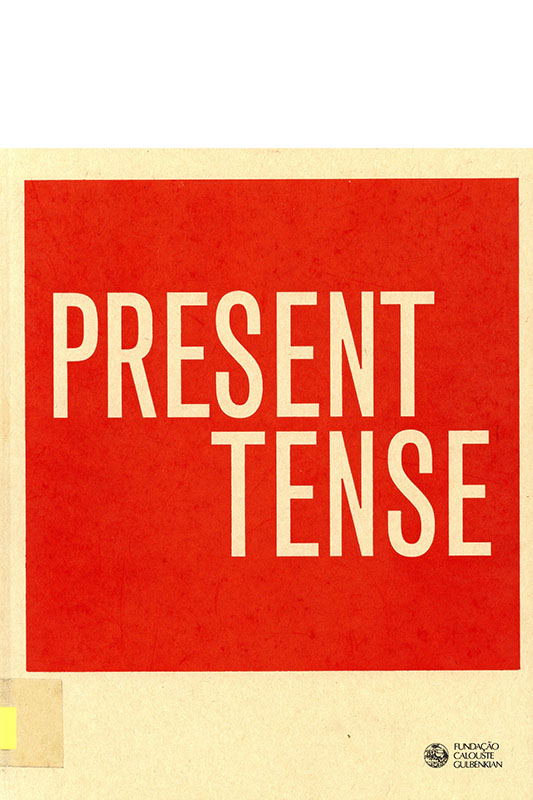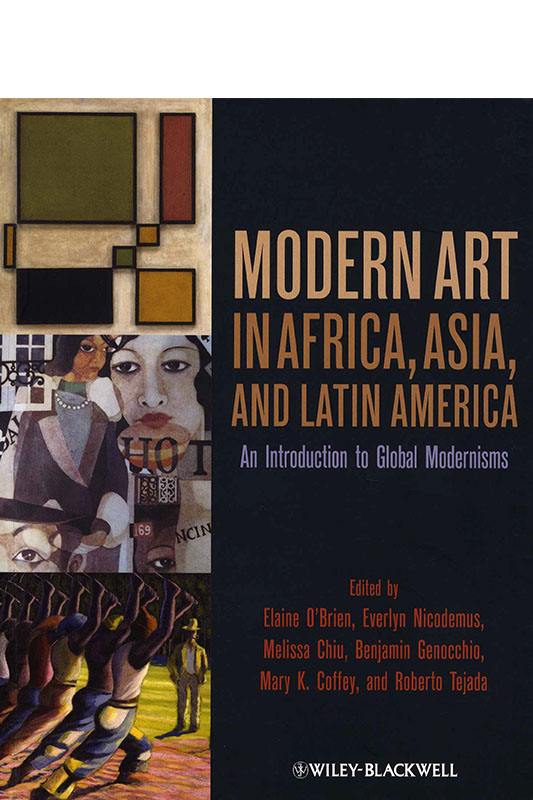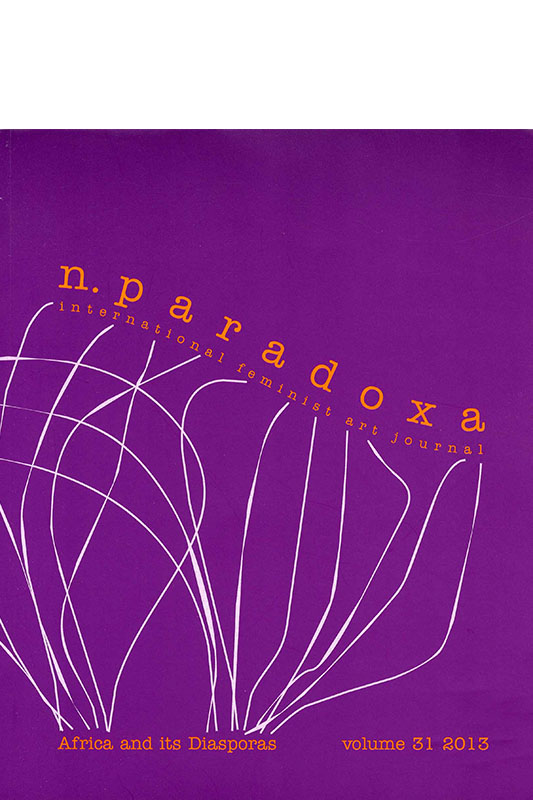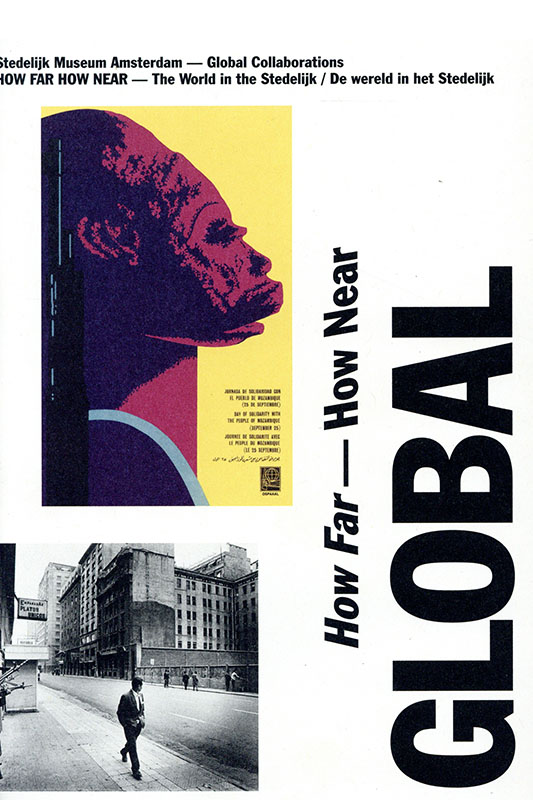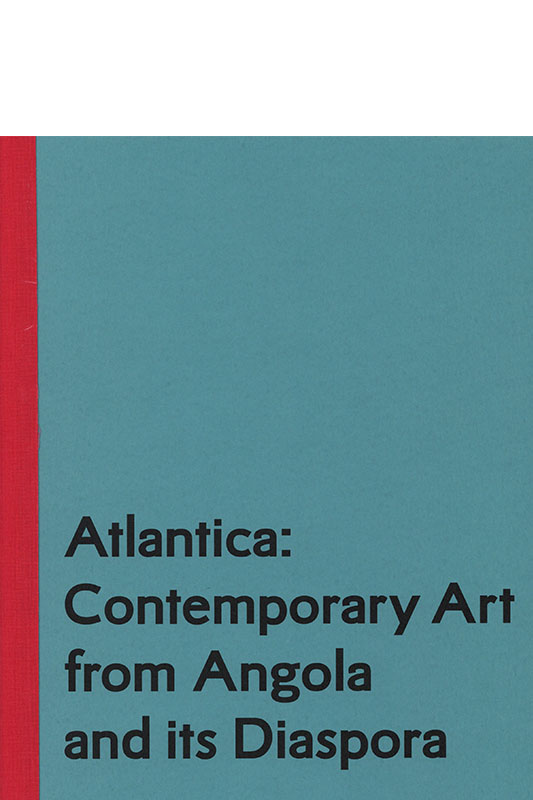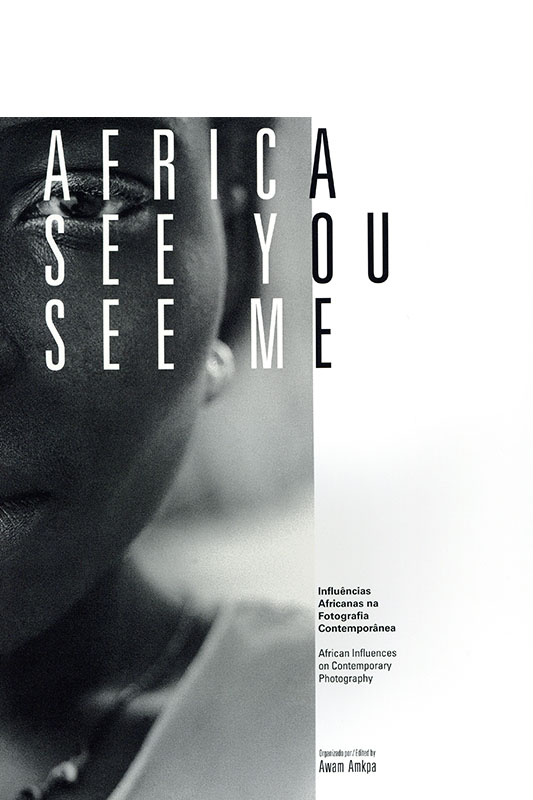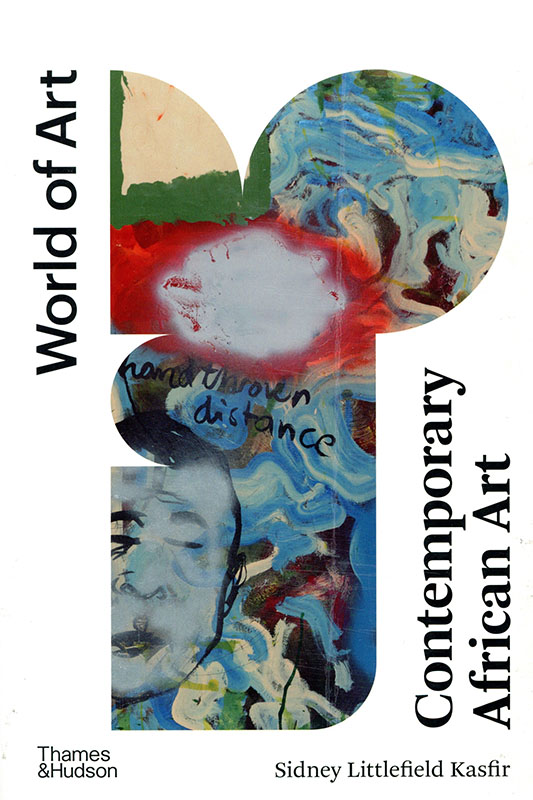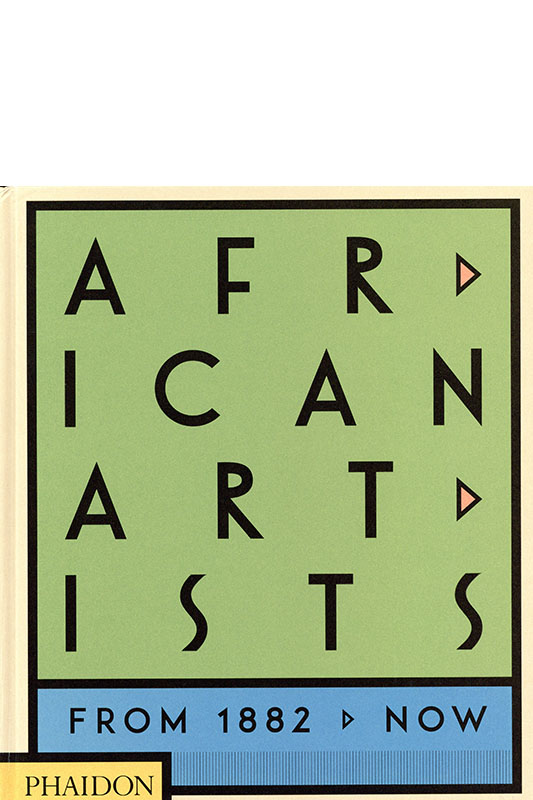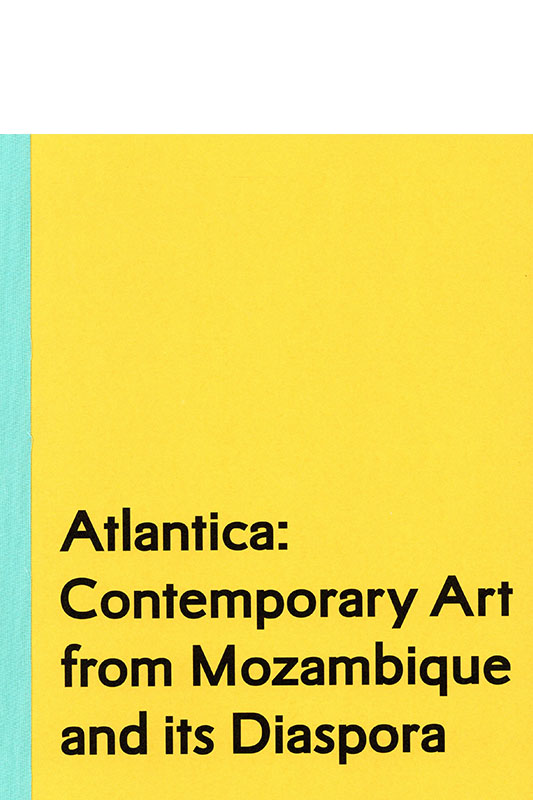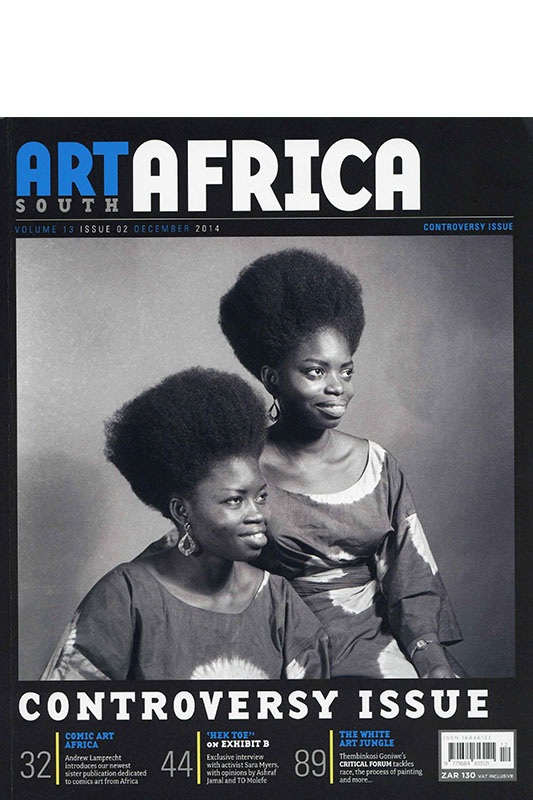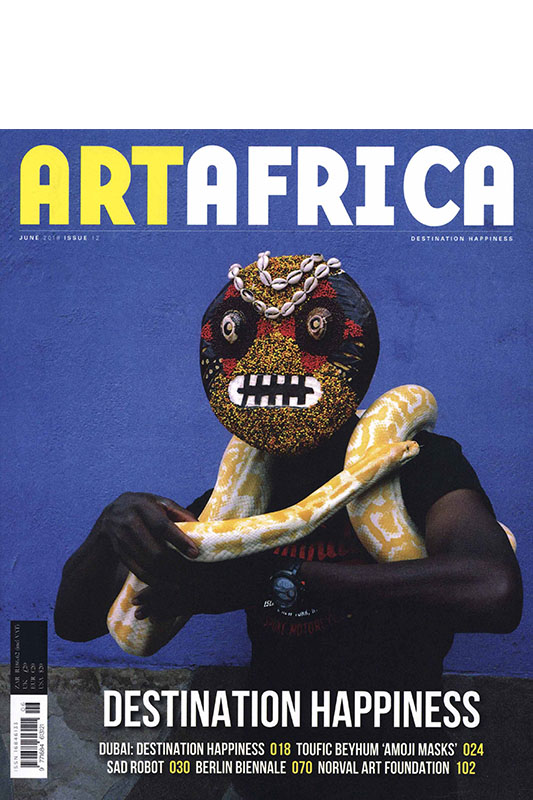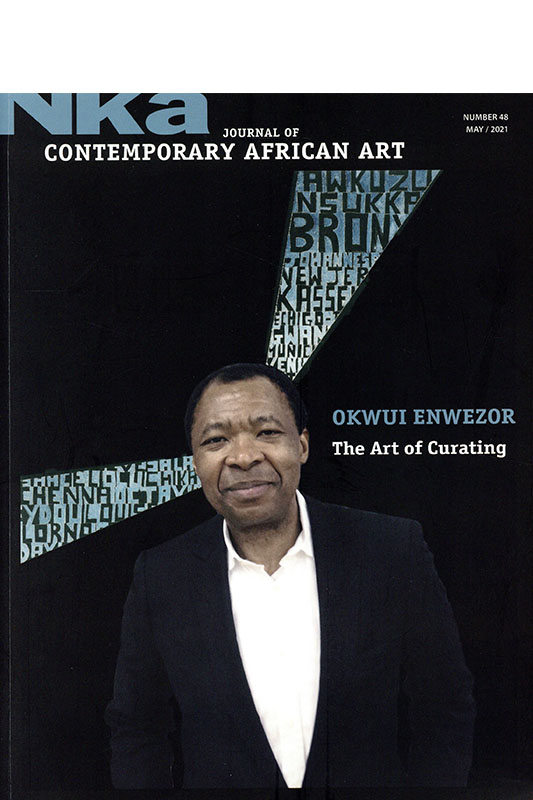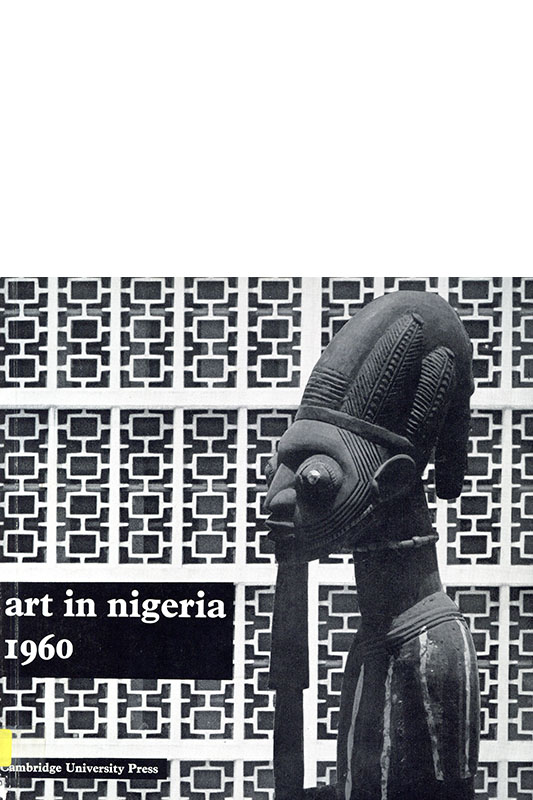
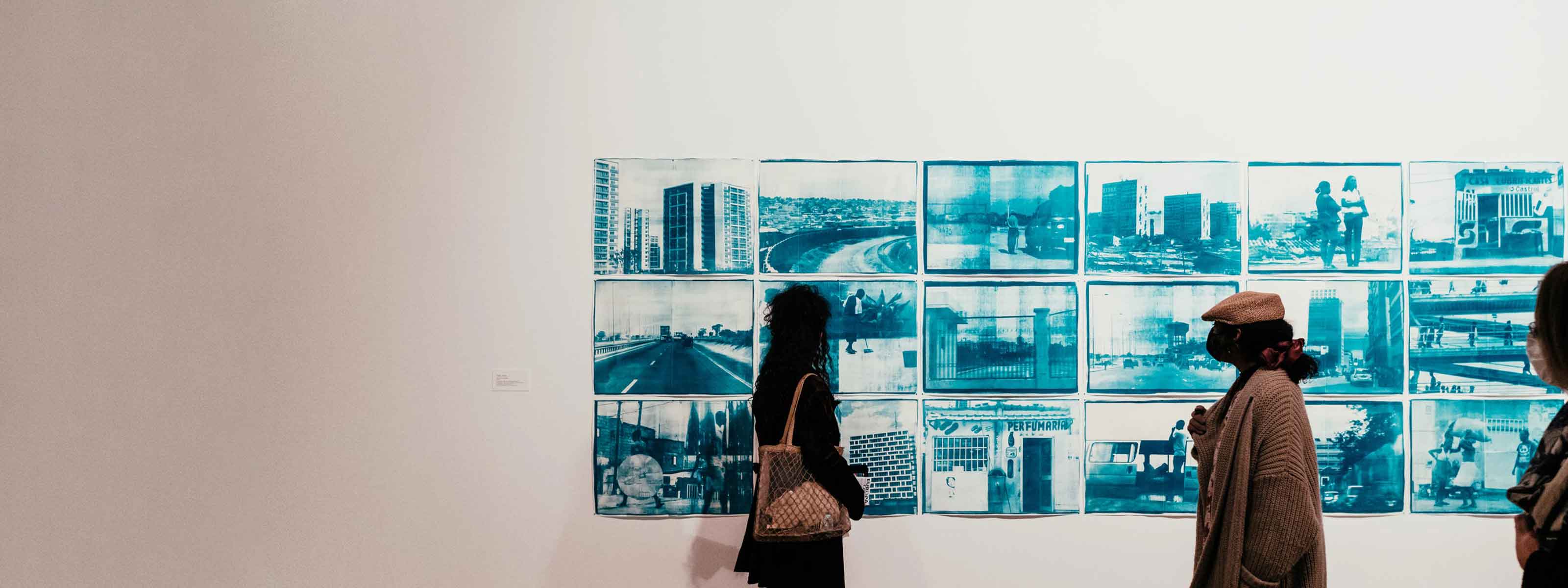
Art Africa: book exhibition
As part of the ‘Europa Oxalá’ exhibition, the Art Library presents a selection of publications – books, exhibition catalogues and journals – dedicated to the history, criticism, and theory of art by artists born in Africa, of the African diaspora and those born and living in European countries with memories of the colonial past.
In the post-war period, the exhibition Contemporary African Art, held in London at the Camden Arts Centre in the Summer of 1969, was one of the first international exhibitions dedicated to African contemporary artists. But, only since the Centre Pompidou’s provocative exhibition Magiciens de la terre (1989) the interest for contemporary artists born in Africa, from the African Diaspora and, more recently, for those born and living in European countries with a colonial past, has increased.
In fact, since the end of the 1990s, exhibitions dedicated to their modernist and postmodernist artistic experiences have been taking place, both in European and North American institutions, and from the list, which is already long, we can highlight: Africa explores: 20th century African Art exhibition held at The Center for African Art in New York in 1991, In-sight: African photographers, 1940 to the present presented at the Guggenheim Museum in New York in 1996, Africa Remix: Contemporary Art of a Continent, an exhibition co-organized by the Hayward Gallery, the Center Georges Pompidou and the Museum Kunstpalast in Dusseldorf, the exhibition Looking Both Ways: Art of the Contemporary African Diaspora, held at the Museum of African Art in New York in 2004, and presented in Lisbon, at Calouste Gulbenkian Foundation, the following year with the title Das Esquinas do Olhar: Arte da Diaspora Africana Contemporânea, until the recent Reflections: Contemporary Art of the Middle East and North Africa, presented at the British Museum in 2020.
At the same time, the number of publications partially and/or totally dedicated to the history, criticism and theory of contemporary African art has also grown significantly. Several examples can be cited, starting with the book Contemporary Art in Africa, by Ulli Beier, published in London in 1968, the Revue Noir founded by Simon Njami and Jean-Loup Pivin in 1991, the anthology Reading the contemporary: African art from theory to the marketplace (1999) edited by the Olu Oguibe and Okwui Enwezor, where the contemporary African art is placed in a global perspective and in the context of the international art market, An anthology of African art: The Twentieth Century (2001-2002), edited by Jean-Loup Pivin and N’Goné Fall, Next flag: the African Sniper Reader (2005), edited by Angolan artist Fernando Alvim, Contemporary African Art since 1980 (2009) by Okwui Enwezor and Chika Okeke-Agulu, Geo-Graphics: A Map of Art Practices in Africa, Past and Present (2010), by David Adjaye and the recent Africa state of mind: Contemporary Photography reimagines a Continent (2020) and Condition report: On Art History in Africa (2020).
Concerning the artists from Portuguese-speaking African countries, their diaspora and those born and living in European countries with a colonial past, reference can be made to the exhibition Réplica e Rebeldia (2006), presented at the National Museum of Art in Maputo, the exhibition Present tense (2013), at the Calouste Gulbenkian Foundation, some recent exhibitions held by HANGAR – Centro de Investigação Artística, as well as some editions of the BES/Novo Banco PHOTO Awards and exhibitions held in recent years by the EDP Foundation. As for publications one could mention Atlantica: Contemporary Art from Angola and its diaspora (2018), Atlantica: Contemporary Art from Mozambique and its Diaspora (2020) and Atlantica: Contemporary Art from Cabo Verde, Guinea Bissau, São Tomé and Príncipe and their Diasporas (2021), “conceived and developed by artists together with theorists, curators and scholars, taking into account the artistic production of the new millennium”.
1960-2002
2003-2008
2009-2012
2013-2020
